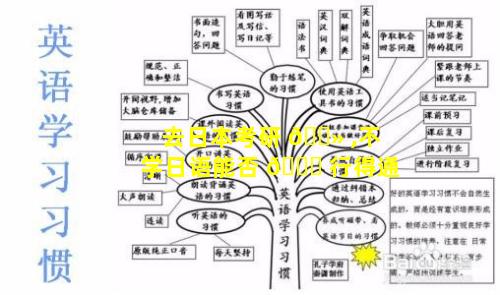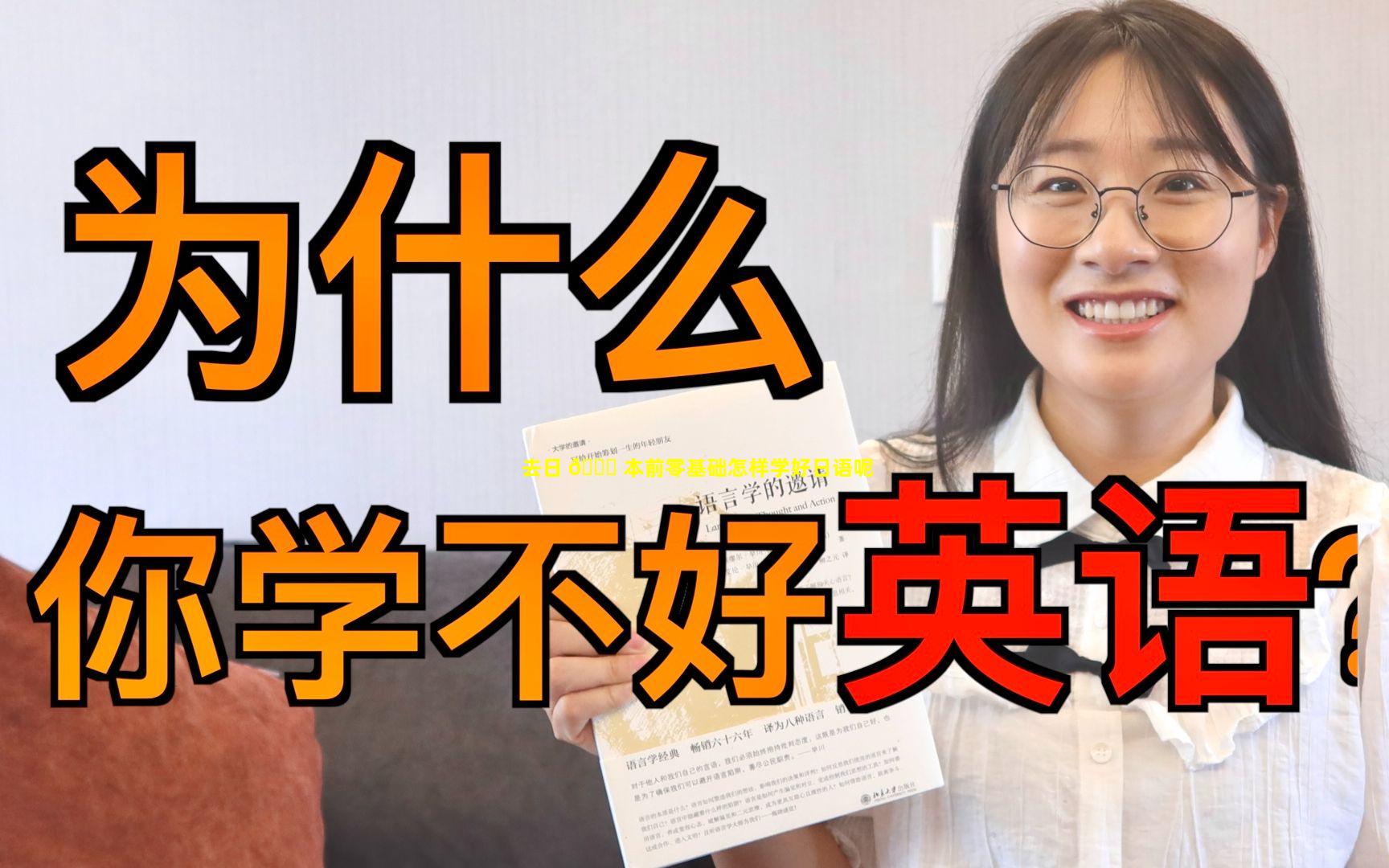放弃上学转而专门去学日语值得吗
- 作者: 李竞琛
- 来源: 投稿
- 2024-10-28
1、放弃上学转而专门去学日语值得吗
放弃上学转而专门去学日语是否值得取决于你的个人情况和目标。以下是一些需要考虑的因素:
优点:高度专注: 全心全意学习日语可以让你更快地进步。
沉浸式环境: 如果可能的话,在日语国家学习可以让你沉浸在语言中。
职业机会: 日语在全球许多领域都很受欢迎,掌握它可以开辟职业机会。
个人兴趣: 如果日语是你真正的爱好,那么专门学习它可以带来极大的满足感。
缺点:教育延迟: 放弃上学可能会推迟你的教育。
就业限制: 在某些情况下,拥有大学学位可能是某些工作的必备条件。
财务成本: 专门学习日语可能比在学校学习更昂贵。
缺乏结构: 自学或专门学习可能缺乏传统学校环境的结构和支持。
其他注意事项:你的财务状况: 你是否有经济能力支付专门学习的费用?
你的学习风格: 你是否适合自学或在专门的学习环境中学习?
你的职业目标: 学习日语是否与你的长期职业目标一致?
你的长期目标: 放弃上学对你的整体生活目标有何影响?
建议:在做出决定之前,仔细考虑你的优先事项和资源。
研究各种学习方法,包括学校课程、语言学校和自学。
与其他学习日语的人交谈,了解他们的经验和推荐。
权衡优点和缺点,做出最适合你个人情况的决定。
最终,放弃上学转而专门学习日语是否值得是一个个人决定。通过仔细权衡这些因素,你可以做出明智的决定。
2、放弃上学转而专门去学日语值得吗英语作文
Should You Drop Out of School to Focus on Japanese Language Studies?
The decision of whether or not to drop out of school to focus solely on Japanese language studies is a significant one that requires careful consideration. While learning a foreign language can be an enriching and rewarding experience, it is essential to weigh the potential benefits and drawbacks before making such a drastic choice.
Benefits of Dropping Out
Immersive Learning: Dropping out of school would allow you to fully immerse yourself in the Japanese language and culture, which can significantly accelerate your progress. You would have more time to practice speaking, listening, reading, and writing, fostering a deeper understanding of the language's nuances.
Tailored Education: You could design your own learning path tailored to your specific goals and interests. This would allow you to focus on areas that are most relevant to your aspirations, such as business, tourism, or academic research.
Specialized Learning Environment: By attending language schools or programs in Japan, you would have access to specialized language instruction from native speakers. This focused environment can provide a unique opportunity to learn the intricacies of the language and improve your proficiency.
Drawbacks of Dropping Out
Forfeiting a Formal Education: Dropping out of school would mean giving up the opportunity to earn a degree or diploma, which can have longterm implications for your career and earning potential.
Missed Social Interactions: School provides a valuable platform for social development and interaction with peers. Dropping out could limit your opportunities to build relationships and participate in extracurricular activities.
Financial Considerations: Learning Japanese can be expensive, involving tuition fees, travel costs, and living expenses in Japan. It is crucial to carefully consider the financial implications of dropping out and ensure you have a sustainable plan in place.
Other Factors to Consider
Beyond the direct benefits and drawbacks, there are other factors to consider:
Your Age and Life Stage: If you are still young and have limited responsibilities, dropping out may be a viable option. However, if you have family or financial obligations, it may be wiser to explore other options.
Your Learning Style: Some people learn best in a structured, classroom environment, while others thrive in immersive settings. Consider your own learning preferences before making a decision.
Your Career Goals: Determine whether your future aspirations align with the benefits of dropping out. If you plan to pursue a career that requires a formal education or specific language skills, it may be more prudent to stay in school.
Conclusion
The decision of whether or not to drop out of school to focus on Japanese language studies is a personal one that depends on individual circumstances and priorities. If you are highly motivated, dedicated to language learning, and have the financial means to support your pursuit, dropping out could offer significant benefits. However, it is essential to carefully weigh the potential drawbacks, including the forfeiture of a formal education, missed social interactions, and financial considerations. By thoroughly considering all aspects, you can make an informed choice that aligns with your longterm goals and aspirations.

3、放弃上学转而专门去学日语值得吗知乎
放弃上学转而专门去学日语是否值得,取决于个人情况和目标:
适合放弃的情况:对日语有极大的热情和兴趣:强烈渴望学习日语,愿意投入大量时间和精力。
明确的职业目标:需要日语技能才能从事所需的职业(例如翻译、导游、外企员工)。
有充足的经济支持:语言学习是一项昂贵的投资,需要有经济保障来支付学费和生活费。
有良好的时间安排:有足够的时间和灵活的安排,可以集中精力学习日语。
语言学习能力强:具备良好的语言学习基础,能够快速掌握新的语言。
不适合放弃的情况:
没有明确的目标:只是单纯对日语感兴趣,但没有明确的学习或职业目标。
学业成绩优异:放弃学业可能会影响未来的教育和就业机会。
经济压力大:无法承担全职学习日语的财务负担。
时间安排受限:工作、家庭或其他义务会严重影响学习时间。
语言学习能力弱:没有良好的语言基础,可能会难以掌握日语。
其他考虑因素:学习方式:考虑通过语言学校、在线课程或自学的方式学习日语的利弊。
时间线:制定一个清晰的时间线,了解达到目标所需的学习时间和努力程度。
职业前景:研究日语技能在特定行业和地区的就业前景。
个人性格:评估自己的自律性和学习动机,确定是否适合全职学习日语。
建议:在做出放弃上学转而专门学日语的决定之前,建议:
与职业顾问或教育工作者讨论:获得专业意见和指导。
制定一个全面计划:包括学习目标、时间表和财务安排。
尝试兼顾:先尝试利用业余时间学习日语,看看是否能兼顾学习和工作或学业。
4、放弃英语学日语以后能考什么大学
放弃英语学习日语后可以考以下大学:
日本综合性国立大学
东京大学京都大学
大阪大学
名古屋大学
北海道大学
东北大学
九州大学
日本顶尖私立大学
早稻田大学
庆应义塾大学
上智大学
日本大学
明治大学
中央大学
日本专门性大学
东京外国语大学(语言类专业)
大阪外国语大学(语言类专业)
上野学園大学(艺术类专业)
武藏野美术大学(艺术类专业)
东京都立大学(理工类专业)
外国大学在日本的分校
宾夕法尼亚大学在东京的分校
伦敦大学学院在东京的分校
哥伦比亚大学在东京的分校
其他以日语授课的大学
国际基督教大学丽泽大学
立教大学
东海大学
法政大学
需要注意的是:
考取以上大学需要具备较高的日语水平,通常要求达到日本语能力测试(JLPT)N1或N2水平。
部分大学和专业可能会要求英语,作为第二外语或辅助语言。




